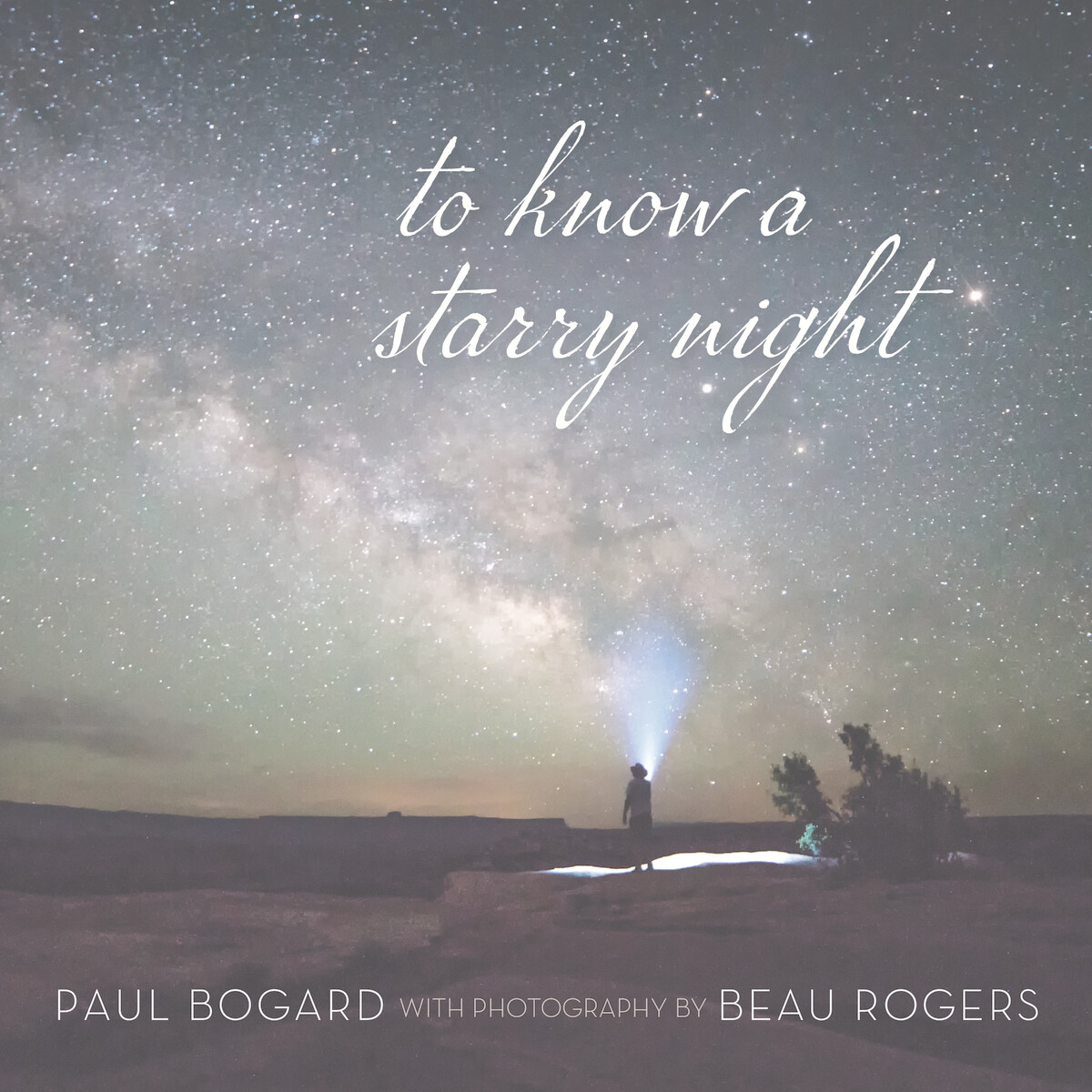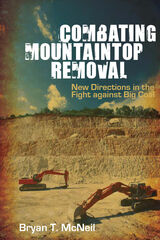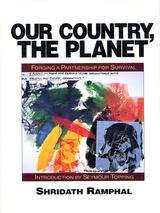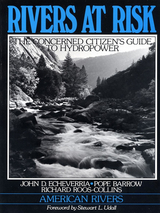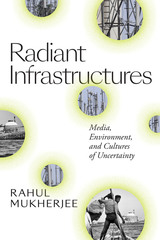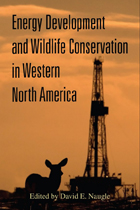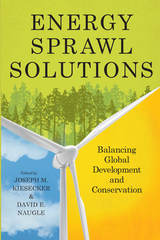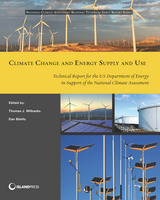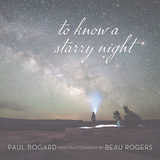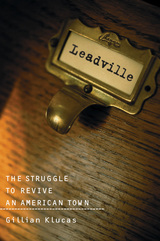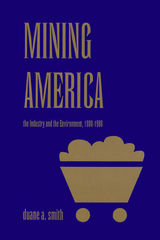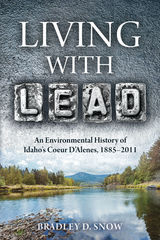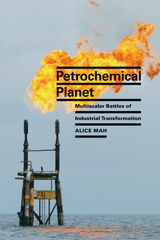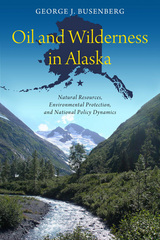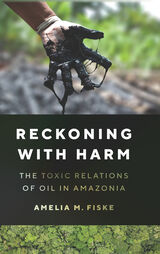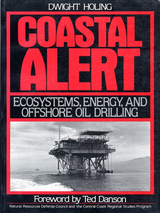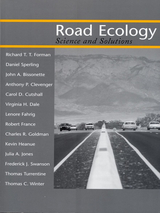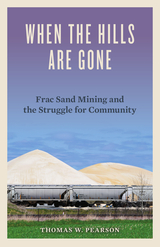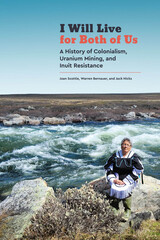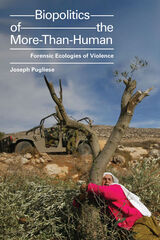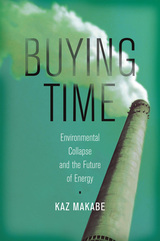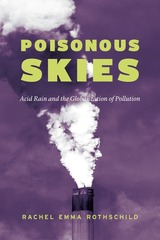To Know a Starry Night
University of Nevada Press, 2021
eISBN: 978-1-64779-013-4 | Cloth: 978-1-64779-012-7
Library of Congress Classification TD195.L52B65 2021
Dewey Decimal Classification 551.566
eISBN: 978-1-64779-013-4 | Cloth: 978-1-64779-012-7
Library of Congress Classification TD195.L52B65 2021
Dewey Decimal Classification 551.566
ABOUT THIS BOOK | AUTHOR BIOGRAPHY | REVIEWS | TOC | REQUEST ACCESSIBLE FILE
ABOUT THIS BOOK
“Against a backdrop rich with purples, blues, and shades of black, a blaze of stars glittering across a vast empty sky spurs our curiosity about the past, driving us inevitably to ponder the future. For millennia, the night sky has been a collective canvas for our stories, maps, traditions, beliefs, and discoveries. Over the course of time, continents have formed and eroded, sea levels have risen and fallen, the chemistry of our atmosphere has changed, and yet the daily cycle of light to dark has remained pretty much the same . . . until the last 100 years.”
—Karen Trevino, from the foreword
No matter where we live, what language we speak, or what culture shapes our worldview, there is always the night. The darkness is a reminder of the ebb and flow, of an opportunity to recharge, of the movement of time. But how many of us have taken the time to truly know a starry night? To really know it.
Combining the lyrical writing of Paul Bogard with the stunning night-sky photography of Beau Rogers, To Know a Starry Night explores the powerful experience of being outside under a natural starry sky\--how important it is to human life, and how so many people don’t know this experience. As the night sky increasingly becomes flooded with artificial-light pollution, this poignant work helps us reconnect with the natural darkness of night, an experience that now, in our time, is fading from our lives.
—Karen Trevino, from the foreword
No matter where we live, what language we speak, or what culture shapes our worldview, there is always the night. The darkness is a reminder of the ebb and flow, of an opportunity to recharge, of the movement of time. But how many of us have taken the time to truly know a starry night? To really know it.
Combining the lyrical writing of Paul Bogard with the stunning night-sky photography of Beau Rogers, To Know a Starry Night explores the powerful experience of being outside under a natural starry sky\--how important it is to human life, and how so many people don’t know this experience. As the night sky increasingly becomes flooded with artificial-light pollution, this poignant work helps us reconnect with the natural darkness of night, an experience that now, in our time, is fading from our lives.
